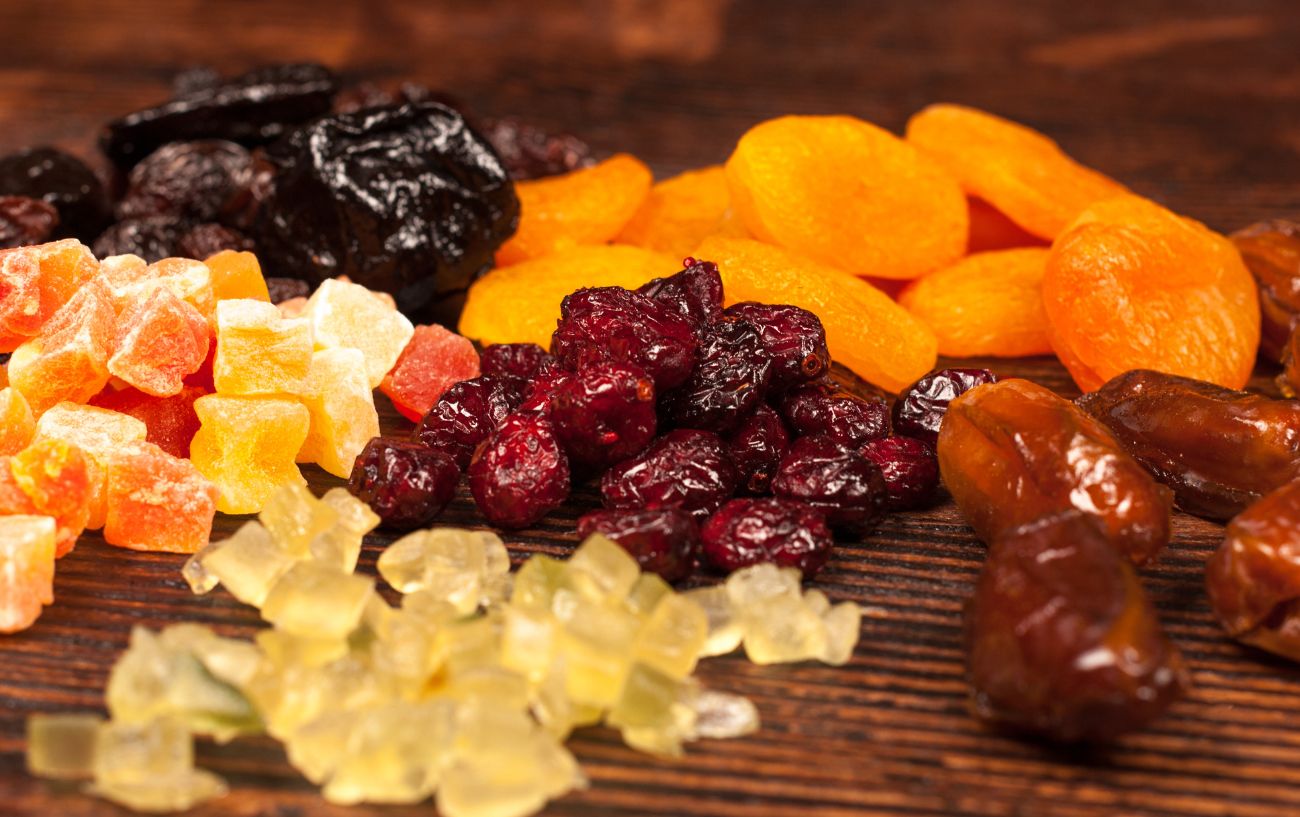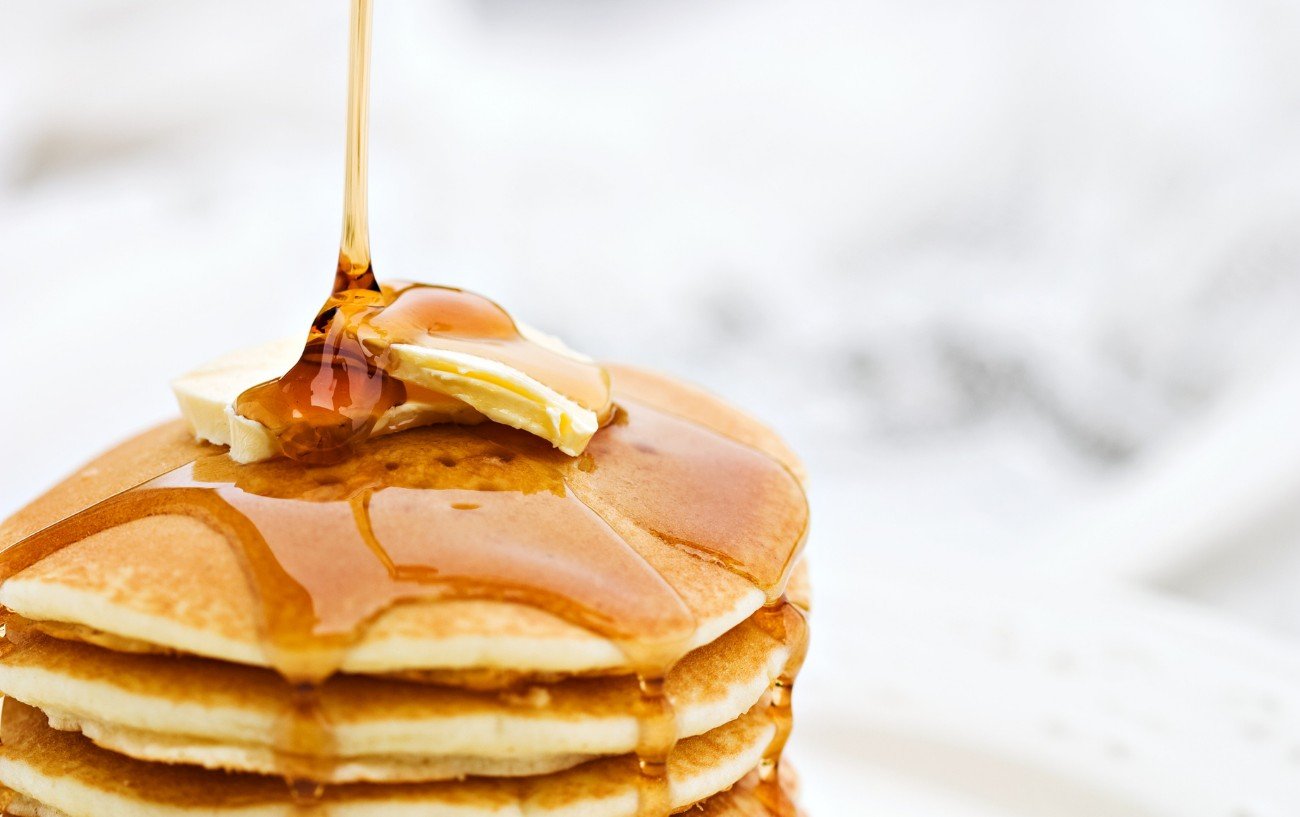There is often a lot of focus on what to eat before a marathon, focusing on carb-loading nutrition plans and pre-race breakfasts, or during a marathon to keep energy levels up, but what to eat after a marathon is equally important and often overlooked.
Although what you eat after a marathon won’t impact your race performance, it can significantly impact your recovery process and ability to return to training once it is time.
Studies1Protein Supplementation During or Following a Marathon Run Influences Post-Exercise Recovery. (2018). Nutrients, 10(3), 333. https://doi.org/10.3390/nu10030333 have found that what you eat immediately after a marathon can significantly impact the amount of muscle soreness and recovery you experience within the first 72 hours after the race.
In this guide, we will discuss what to eat after a marathon immediately after you cross the finish line in your post-race meal and what to eat the week after a marathon for optimal recovery.

What Should You Eat After a Marathon?
What to eat after a marathon has three primary components: replenishing glycogen stores, restoring fluid and electrolyte balance,2Maughan, R. J., Leiper, J. B., & Shirreffs, S. M. (1997). Factors influencing the restoration of fluid and electrolyte balance after exercise in the heat. British Journal of Sports Medicine, 31(3), 175–182.https://doi.org/10.1136/bjsm.31.3.175 and providing nutrients to repair muscle damage from long distance running.
Let’s examine each of these aspects of post-marathon nutrition individually and consider how they affect your post-race sports nutrition plan.
How Can I Replenish Glycogen Stores?
One of your post-marathon meal’s most important nutritional goals is to start replenishing your glycogen stores.
Glycogen is the body’s storage form of carbohydrates, and it is stored in the muscles and liver.
When you run a marathon, even if you do a good job fueling with carbohydrate-rich foods, gels, and sports drinks during the marathon, you will deplete your glycogen stores entirely or almost entirely by the time you are finished with race day.

Carbohydrates are burned to provide the energy that you need during your marathon.
It is important to replenish your glycogen stores as soon as possible after your marathon in your first post-marathon snack or meal. It will take time to fully replenish your glycogen, so you want to have a carbohydrate-rich snack as soon as possible.
The standard recommendation for carbohydrate refueling after exercise is to consume 0.6–1.0 g/kg (of bodyweight) carbohydrate within 30 min and again every 2 hours for the next 4–6 hours.3Jentjens, R. L. P. G., van Loon, L. J. C., Mann, C. H., Wagenmakers, A. J. M., & Jeukendrup, A. E. (2001). Addition of protein and amino acids to carbohydrates does not enhance postexercise muscle glycogen synthesis. Journal of Applied Physiology, 91(2), 839–846. https://doi.org/10.1152/jappl.2001.91.2.839
There are quite a number of high-carbohydrate foods that can be used to start replenishing glycogen in your post-marathon meal.
- Whole grains, such as quinoa, brown rice, whole wheat pasta, buckwheat, and teff, are high in carbohydrates and can be excellent options for your post-marathon meal.
These whole grains contain about 25 to 40 grams of carbohydrates per cup, depending on the type.
- You may also want to have whole-grain tortillas, whole-wheat bread, or whole-grain cereals if your post-marathon meal is brunch or lunch.
- Sweet potatoes are another excellent option for your post-marathon meal.

They are rich in complex carbohydrates and packed with vitamins and minerals such as vitamin A, vitamin C, and vitamin E.
These antioxidants will help fight inflammation and oxidative damage from your marathon, which can potentially reduce muscle soreness and help you recover.
- Regular white potatoes are also among the best foods to eat after a marathon.
They are high in carbohydrates as well as potassium, which will help replenish the potassium lost in sweat.
- Another great option for replenishing glycogen after a marathon is legumes such as lentils, beans, chickpeas, and split peas.
These foods provide complex carbohydrates and fiber and also a decent amount of plant-based protein, and protein can facilitate glycogen resynthesis.4Cintineo, H. P., Arent, M. A., Antonio, J., & Arent, S. M. (2018). Effects of Protein Supplementation on Performance and Recovery in Resistance and Endurance Training. Frontiers in Nutrition, 5(83). https://doi.org/10.3389/fnut.2018.00083
- Some of the best post-marathon snacks rich in carbohydrates include fruits such as bananas, berries, and cherries or dried fruits such as dried apricots, cranberries, raisins, and dried pineapple. Dried fruit and bananas are particularly high in carbohydrates.

Fruits like bananas and apricots are rich in potassium, which will help you start replenishing the electrolytes that you have lost in sweat.
Berries and cherries are very high in antioxidants such as anthocyanins, vitamin C, and even vitamin E. These antioxidants and polyphenols can help fight inflammation and oxidative damage from the stress and strain of the marathon.
Right after your marathon is over, you will likely not have the appetite or stomach for a full meal. Still, it is important to start consuming carbohydrates within 15 to 30 minutes after finishing the marathon.
If you can’t eat a meal right away, try to fit in a snack such as a granola bar, pretzels and peanut butter, half a bagel, or even chocolate milk.
If you really have no appetite at all, do your best to start getting some carbohydrates by way of sports drinks or a protein shake that also includes carbs. Not only will you be replenishing your energy, but helping out with your rehydration right away.
How Can I Replenish My Fluid and Electrolytes?
You sweat a lot during a marathon, and even if you do a decent job hydrating during the race, you will likely be somewhat dehydrated and depleted in terms of your electrolytes after the race.
Make sure to drink plenty of fluids. Although many runners prefer drinking water, if you are not able to eat a lot after the marathon, you should be drinking sports beverages5Maughan, R. J., Leiper, J. B., & Shirreffs, S. M. (1997). Factors influencing the restoration of fluid and electrolyte balance after exercise in the heat. British Journal of Sports Medicine, 31(3), 175–182. https://doi.org/10.1136/bjsm.31.3.175 or electrolyte drinks to replenish the electrolytes lost.

If you are able to eat after the marathon, you can focus on having hydrating and electrolyte-rich foods.
Examples include fruits such as watermelon, berries, cantaloupe, honeydew, oranges, clementines, peaches, coconut water, and vegetables like leafy greens.
Hydrating foods also include watery vegetables such as pickles, cucumbers, and tomatoes.
Other foods that are great to incorporate in your post-marathon meal due to the high natural electrolyte content include:
- Avocados and potatoes, which are extremely rich in potassium
- Nuts and seeds, which have a lot of magnesium
- Milk and dairy products, which have an array of electrolytes
- Sodium-rich foods such as eggs, spinach, poultry and fish, and salted nuts

What Is The Best Way To Recover After A Marathon?
It is very important to eat protein after a marathon.
Unlike shorter runs and lower-intensity runs, running a marathon actually burns a significant amount of protein. Up to 15% of the calories that you burn in a marathon may come from proteins, as protein metabolism increases significantly when glycogen stores are low.
Additionally, even though protein may not have been the primary fuel source during the marathon, your muscles need protein after a marathon to help repair muscle damage to stay on the run.
Studies6Protein Supplementation During or Following a Marathon Run Influences Post-Exercise Recovery. (2018). Nutrients, 10(3), 333. https://doi.org/10.3390/nu10030333 have found that the best post-marathon fueling strategy is to combine carbohydrates with protein, as this mix of nutrients helps facilitate muscle repair and recovery and glycogen resynthesis.7Stearns, R. L., Emmanuel, H., Volek, J. S., & Casa, D. J. (2010). Effects of Ingesting Protein in Combination With Carbohydrate During Exercise on Endurance Performance: A Systematic Review With Meta-Analysis. Journal of Strength and Conditioning Research, 24(8), 2192–2202. https://doi.org/10.1519/jsc.0b013e3181ddfacf
How much protein should I consume after running a marathon?
The body only has a limited ability to absorb protein at one time. Therefore, it is best to spread out protein consumption in dosages of about 20 to 25 grams8Layman, D. K., Anthony, T. G., Rasmussen, B. B., Adams, S. H., Lynch, C. J., Brinkworth, G. D., & Davis, T. A. (2015). Defining meal requirements for protein to optimize metabolic roles of amino acids. The American Journal of Clinical Nutrition, 101(6), 1330S1338S. https://doi.org/10.3945/ajcn.114.084053 every four hours rather than consume a ton of protein all at once.

For this reason, studies have demonstrated9Areta, J. L., Burke, L. M., Ross, M. L., Camera, D. M., West, D. W. D., Broad, E. M., Jeacocke, N. A., Moore, D. R., Stellingwerff, T., Phillips, S. M., Hawley, J. A., & Coffey, V. G. (2013). Timing and distribution of protein ingestion during prolonged recovery from resistance exercise alters myofibrillar protein synthesis. The Journal of Physiology, 591(9), 2319–2331. https://doi.org/10.1113/jphysiol.2012.244897 that ingesting 20 grams of protein immediately post-run and then every three hours for the next 12 hours increases the rate of muscle protein synthesis more than having more protein less frequently (for example, 40 grams every six hours).
Many marathon runners opt for a protein bar right after the race because most protein bars provide a good balance of carbohydrates and proteins and are often easier to stomach than a whole foods-based option.
Once you are ready for your post-marathon meal, choose protein-rich foods such as lean meat, fish, poultry, dairy, or soy.
A serving of chicken breast provides about 31 grams of protein.
Tuna fish packs about 19 grams of protein per serving. Low-fat Greek yogurt and cottage cheese are packed with proteins, each providing about 24 grams per cup.
Even some whole grains are decent sources of protein. For example, quinoa provides about 8 grams of protein per cup, and you’ll also be getting about 24 grams of carbohydrates to start replenishing glycogen.

Lastly, it can be helpful to incorporate anti-inflammatory foods into your diet after a marathon.
Your body sustains quite a bit of muscle damage, and studies have found10Wirnitzer, K., Boldt, P., Wirnitzer, G., Leitzmann, C., Tanous, D., Motevalli, M., Rosemann, T., & Knechtle, B. (2022). Health status of recreational runners over 10-km up to ultra-marathon distance based on data of the NURMI Study Step 2. Scientific Reports, 12(1). https://doi.org/10.1038/s41598-022-13844-4 that inflammatory markers are significantly elevated after a marathon.
Reducing inflammation after a marathon may help facilitate recovery and decrease muscle soreness.11Rawson, E. S., Miles, M. P., & Larson-Meyer, D. E. (2018). Dietary Supplements for Health, Adaptation, and Recovery in Athletes. International Journal of Sport Nutrition and Exercise Metabolism, 28(2), 188–199. https://doi.org/10.1123/ijsnem.2017-0340
Examples of anti-inflammatory foods include foods high in omega-3 fatty acids, such as salmon, other fatty fish, flaxseeds, and nuts.
Foods high in antioxidants and polyphenols can also reduce inflammation.12Zhu, F., Du, B., & Xu, B. (2017). Anti-inflammatory effects of phytochemicals from fruits, vegetables, and food legumes: A review. Critical Reviews in Food Science and Nutrition, 58(8), 1260–1270. https://doi.org/10.1080/10408398.2016.1251390
Examples Include such as green leafy vegetables, blueberries, tomatoes, papaya, pineapple, tart cherries, pomegranate, avocado, broccoli and other cruciferous vegetables, green tea, dark chocolate, nuts such as almonds and walnuts, squash and pumpkin seeds, flax seeds, chia seeds, and legumes.
Overall, whether it’s your first marathon or twentieth, what you eat after a marathon is extremely important for proper recovery.
Although you should definitely feel free to indulge in whatever food you are craving, it is crucial to make sure that you are also focusing on your nutrition and refueling your body with plenty of nutritious foods and hydrating fluids.
Don’t save these tips exclusively for race day, but use them during your marathon training so you recovery well throughout the process.
Now that you know what to eat after a marathon, what about looking into how to fuel during a marathon? For fueling tips and strategies for distance running, check out this next guide:










Thank you for the article and insightful.